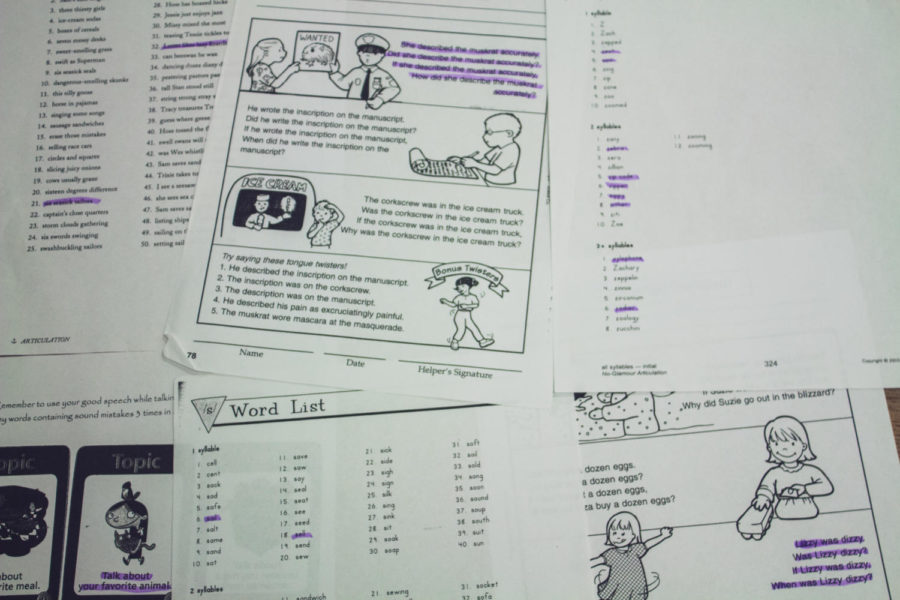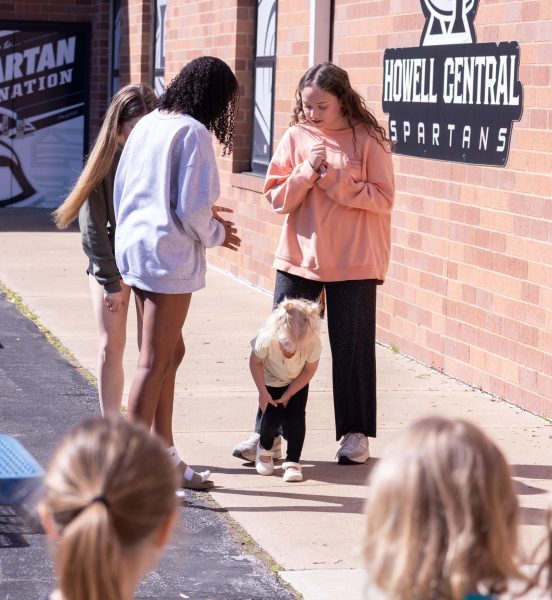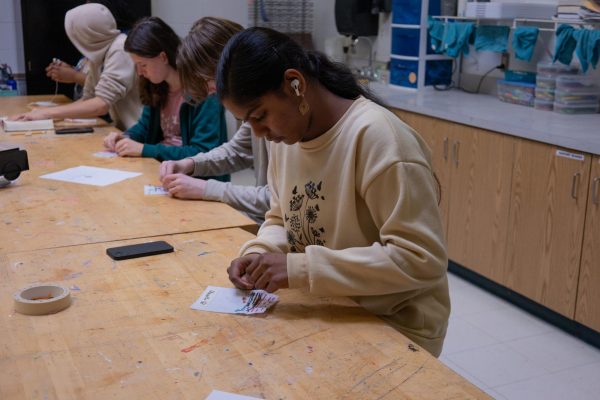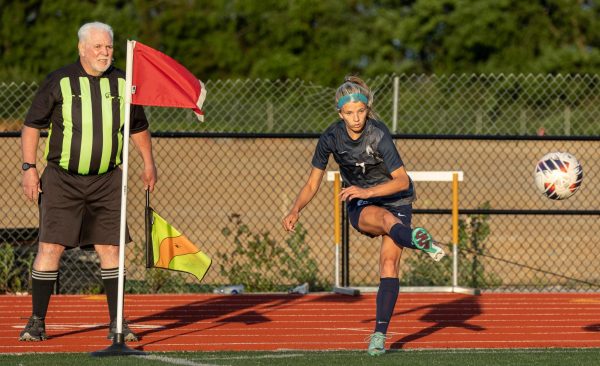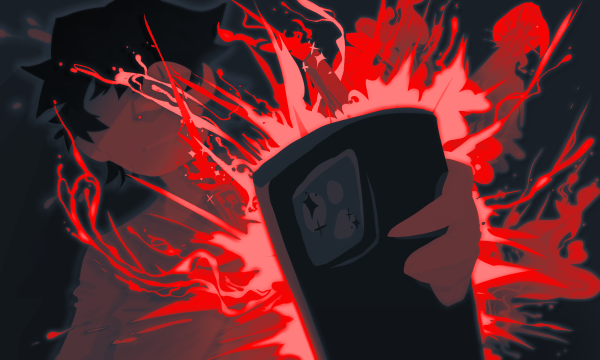Say It Again
The unspoken contradictory experience of being a gifted kid in speech therapy
Examples of worksheets lay scattered with various words and phrases highlighted among each of them. These are all examples of worksheets given to speech therapy students to help them correct improper pronounciations.
Speaking is the most common way of communicating between fellow members of the human race. It is a skill that the majority of people are taught as infants and further develop throughout the rest of their lives. For some of the population, however, the skill of speech does not come as easily as it does for most.
When I was seven years old, I was sent home with a note from my school announcing that I had been diagnosed with a speech disorder and was being recommended for speech therapy. This did not come as a surprise to my parents as they had brought up concerns with my speech quality months prior with my teacher, prompting an observation and some testing. At the time, it was determined that I suffered from a Speech Impairment in the area of Sound System Disorder, which impacted my ability to pronounce the sounds of s, z, w, l, m, f and th. The concern of those involved at the time was that if not corrected, the disorder would affect my ability for my peers and others to understand what I was saying.
Following my diagnosis I started attending speech therapy classes once a week during the school day for around 20-30 minutes. When I first entered the class, the coursework primarily consisted of playing games that prompted us to pronounce words using the sounds we had issues with. If we messed up, our teacher would instruct us to repeat the word several more times until we consistently pronounced the word accurately. As I got older, that format switched to reading short stories and tongue twisters, using flashcards and reading off lists of words to eventually full 20 minute conversations.
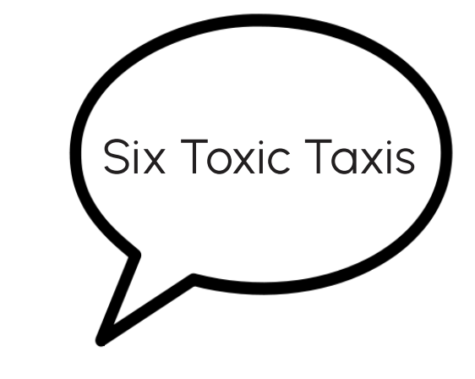
In the beginning, there were about two other kids with me in the class and one of them “graduated” from the class shortly after I had arrived. They had only been in the class for about a year, so I thought I’d get out of the class pretty easily. As the years went by, however, I remained in my classes as more-and-more people were able to move on.
Around the time I was placed into speech therapy was when I was also placed into the gifted program. Now, I share a lot of the same grievances with the gifted program as other former “gifted kids,” but unique to me is the idea in my head that I didn’t belong in the class. I wasn’t smart enough to be there. Part of that stemmed from the fact that I, from my knowledge both then and now, was the only student who was in both the gifted program and some sort of individual education program. Though I took the same test to get my placement as all the other students, the fact that I needed help with something as simple as speaking made me feel like I was somehow less worthy of my place in the class.
In my regular class I also felt embarrassed about being in speech therapy. As I got older, less people were in speech therapy and labels were starting to be placed onto us by our fellow students. Though I was often viewed as the “shy girl” and a “book nerd,” I also got the label of “smart kid” placed onto me since I was in the gifted program. With that being said, I felt so embarrassed getting pulled out of class once I reached third grade because I felt like being in speech therapy made me seem less smart to my classmates. When you get put into the gifted program you often grow to obtain a superiority complex which mentally places you on a pedestal much higher than other students, so in a way, being in speech therapy challenged that concept in my mind.
As a result of all my feelings back then, I decided the summer between fourth and fifth grade that I was going to graduate speech therapy before I left elementary school. It was my mission. That summer I got some summer homework from my speech therapist: word lists, riddles and tongue twisters, conversation starters and other various activities. Every day that summer, with a mirror in hand to watch my mouth formations and my mother by my side, those sentences and stories were read over-and-over until they were almost memorized. I was so motivated to not have to continue speech therapy in middle school that by the time school started again, I had risen in accuracy in all of the sounds I was practicing. On Jan. 30, 2015, I received the news I had long awaited to hear: after nearly four and a half years, I was finally being released from my speech therapy courses.
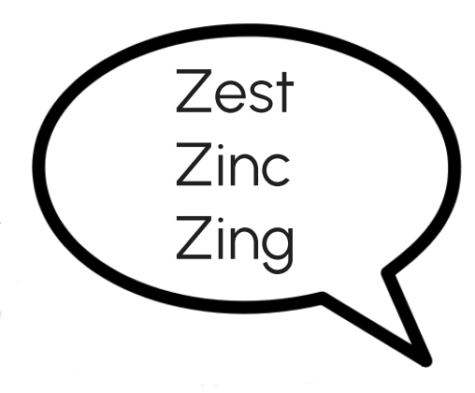
Looking back on it now, I’m very grateful for my opportunity to be in speech therapy. During that portion of my life, I learned a lot about perseverance and grit as well as self-discipline while learning to correct my pronunciations on my own. There was also no reason for me to be embarrassed either. I needed a little more help with talking than other people. That’s okay. There’s no reason to be ashamed of asking or receiving help when you need it. The labels we put onto ourselves and others should never fully define us to the point we are scared and uncomfortable with a part of ourselves that goes against that image.
Your donation will support the student journalists of Francis Howell Central High School. Your contribution will allow us to purchase equipment and cover our annual website hosting costs. FHCToday.com and our subsequent publications are dedicated to the students by the students. We hope you consider donating to allow us to continue our mission of a connected and well-informed student body.



